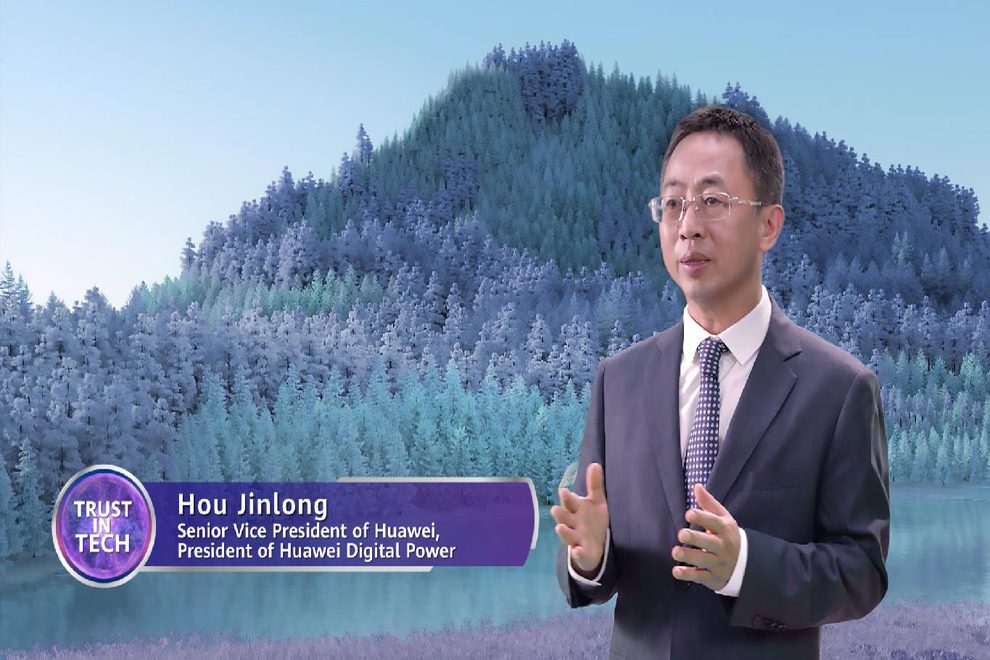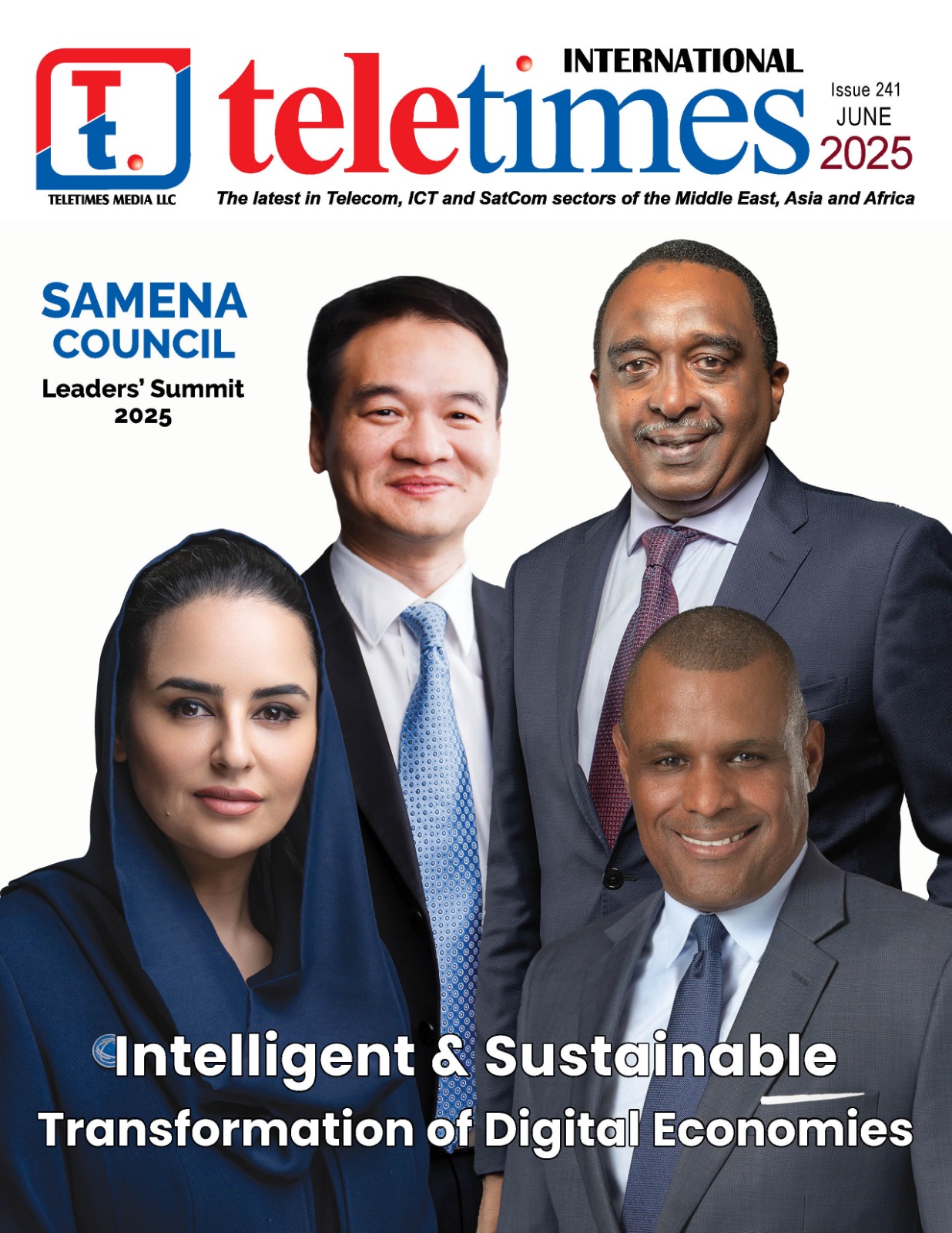Today, Huawei held its TrustInTech Summit 2021 online, under the theme of “Global Collaboration for Shared Value”.
Leaders from across the globe attended the event, including Neil Bush, Chairman of the George H.W. Bush Foundation for US-China Relations, Pascal Lamy, Former WTO Director General, 2018 Economics Nobel Prize winner William Nordhaus, ASEAN Deputy Secretary General Satvinder Singh, NASA Solar System Ambassador Derrick Pitts, and Hou Jinlong, Senior Vice President of Huawei and President of Huawei Digital Power.
Attendees acknowledged that humanity has entered an era in which interests, fates, and futures are all intertwined, and called for coordinated efforts to address common challenges. “We need to mitigate de-globalization, in order to avoid making this world a worse place,” Pascal Lamy noted.
Today, fighting climate change is a mission that is shared worldwide, with many countries having announced low-carbon pledges. William Nordhaus said that governments should increase investment in low-carbon technologies and research.
Hou Jinlong further expanded, “Over the next 30 to 40 years, we will continue to see intelligence and low-carbon gain traction. Going intelligent requires digital technologies, while decreasing our carbon footprint requires power electronics technologies. As these trends progress, the global energy industry will change from resource-dependent to technology-driven.”
Hou said, “By pursuing innovations in clean power generation, energy digitalization, transportation electrification, green ICT infrastructure, and integrated smart energy, we are working with global customers and partners to build low-carbon homes, factories, campuses, villages, and cities. This will support the shift from a low-carbon world to a net-zero world.”
As of September 30, 2021, Huawei Digital Power has helped customers generate 443.5 billion kWh of green power and save 13.6 billion kWh of electricity. This is equivalent to reducing carbon emissions by 210 million tons and planting 290 million trees.
Participants warned that geopolitics should not stand in the way of technological cooperation and innovation. Neil Bush expressed his concerns about growing global decoupling, “Many are embracing a dangerous zero-sum mentality that defies common sense. China’s success does not take away from ours, and vice versa.” He added, “Particularly in the area of technology, when China and the United States collaborate, we can innovate in foundational and revolutionary ways.”
International research cooperation has yielded scientific advances. Dr. Derrick Pitts noted the collaboration of seven countries in the International Brain Initiative, the Thirty Meter Telescope, and several other international scientific research cooperation projects. He highlighted that science flourishes best in a climate that encourages diversity and cross-domain partnerships.
Satvinder Singh delivered the closing remarks at the summit, speaking highly of the key role that private companies like Huawei play in inclusive and sustainable economic recovery across ASEAN and beyond. Singh called upon all sides to take action, “We should seize this opportunity to make our societal and economic recovery truly transformative by investing in solutions to the crisis that address social, environmental, and economic transitions needed by our society and the planet.”












